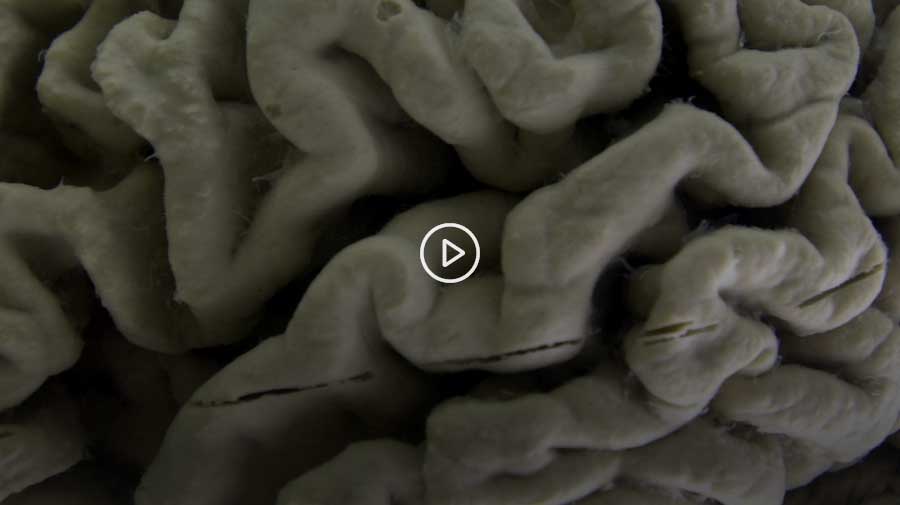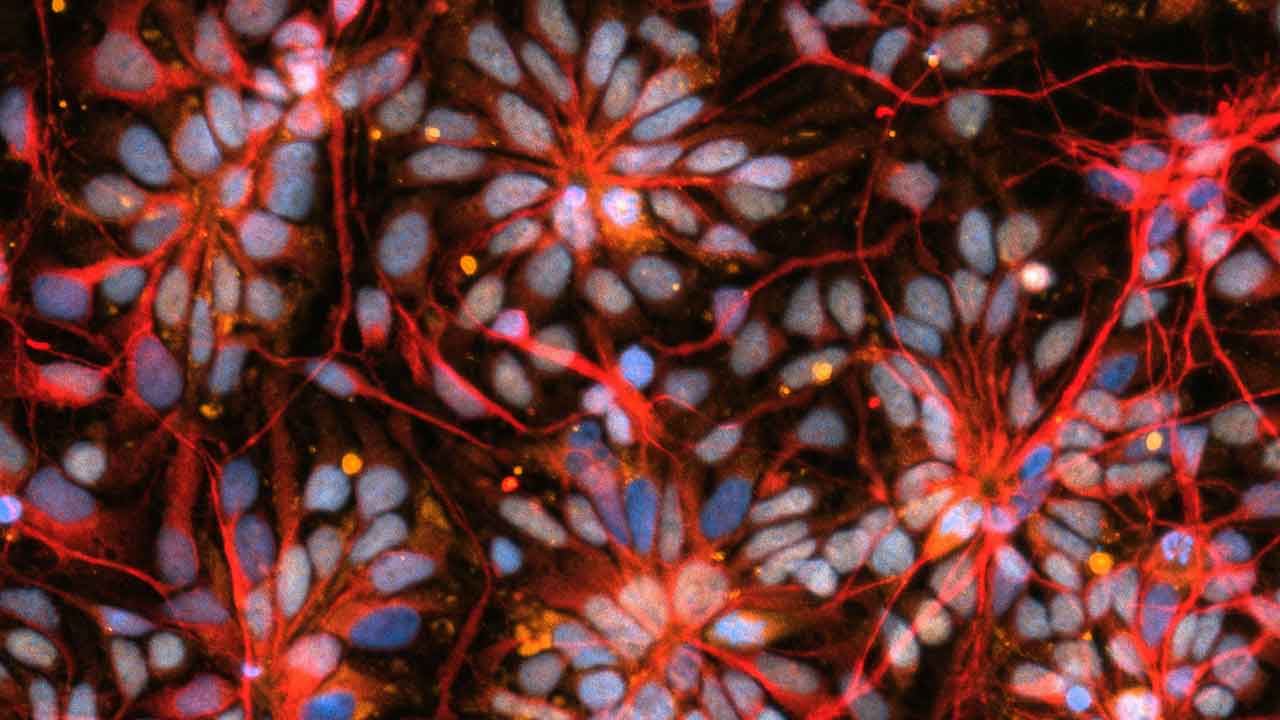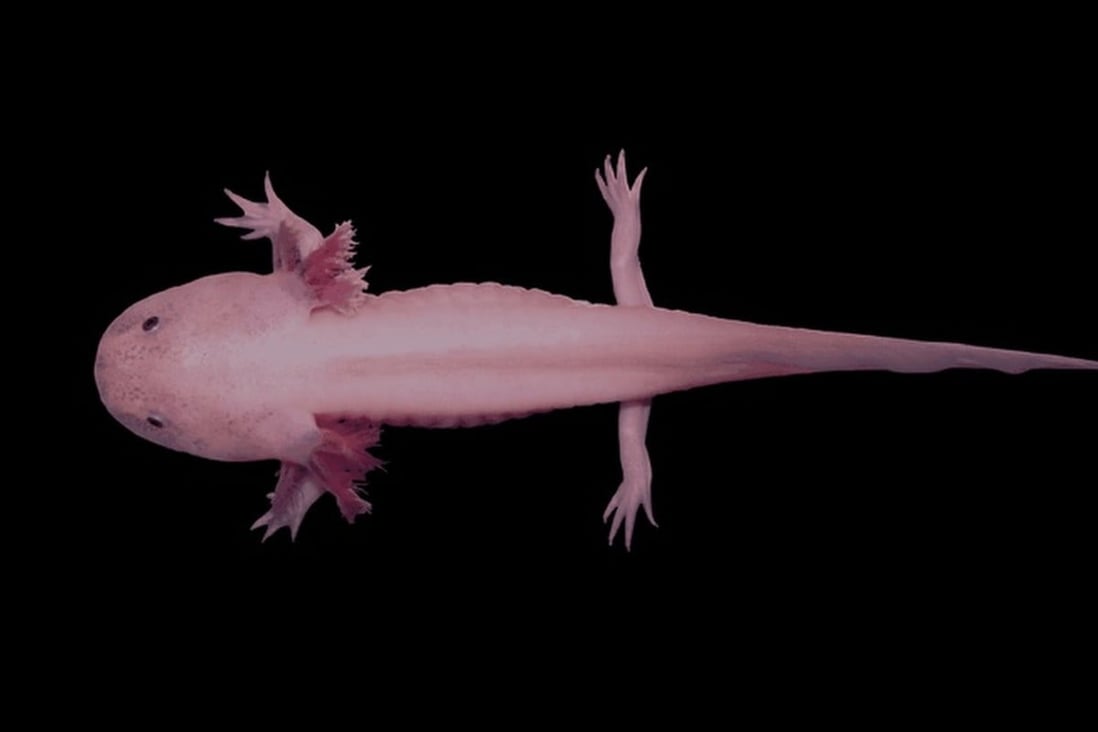Scientists have made a breakthrough that could make all the difference in helping treat and, one day, cure patients with neurodegenerative diseases.
by Lindsey Theis – Scripps News
Scientists have made a key discovery they think could be a crucial step in slowing or even stopping brain diseases. We met with neuroscientist Evangelos Kiskinis at Northwestern University in Chicago. Researchers there have been able to grow special mature brain cells unique to a patient and their illness in a lab.”This is something that we’ve never been able to see clearly before,” Kiskinis said. It starts with neurobiology that’s about 17 years old. Researchers take blood samples from, for example, a patient with ALS. From that blood sample, they grow stem cells which can grow into brain cells. “We refer to these cells as induced pluripotent stem cells,” Kiskinis continued. These blood samples are specifically coming from one patient. So these brain cells are then specific to that patient. “In order to create them, we do not touch a human embryo. We just take some blood from any individual that walks into the clinic and we just turn that into an induced pluripotent stem cell. But scientists still faced a major block. When a patient gets a diagnosis like ALS, Parkinson’s or Alzheimer’s, they are typically in their 50s to 70s, on average. The lab-made stem cells were brand new. Blank slates. They couldn’t resemble the complex network scientists needed to understand brain cell breakdown. Until now.




